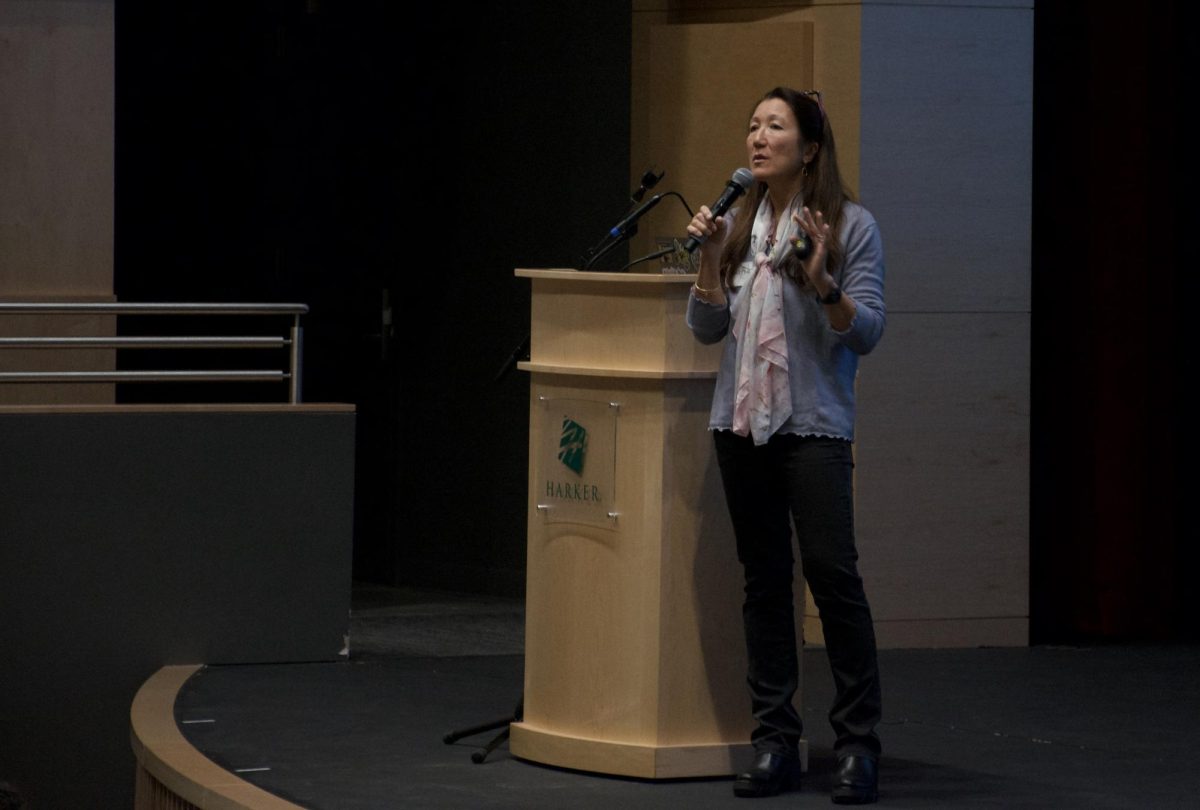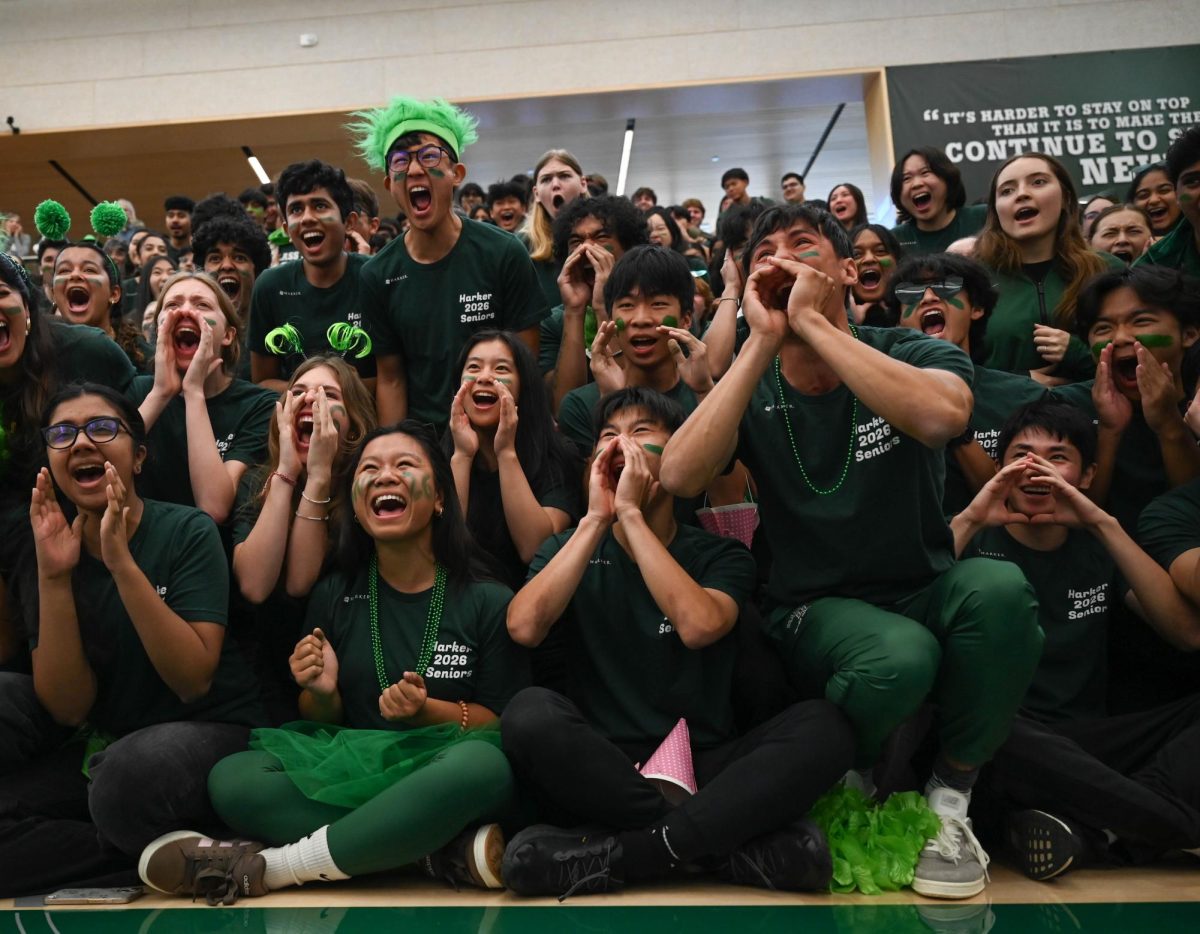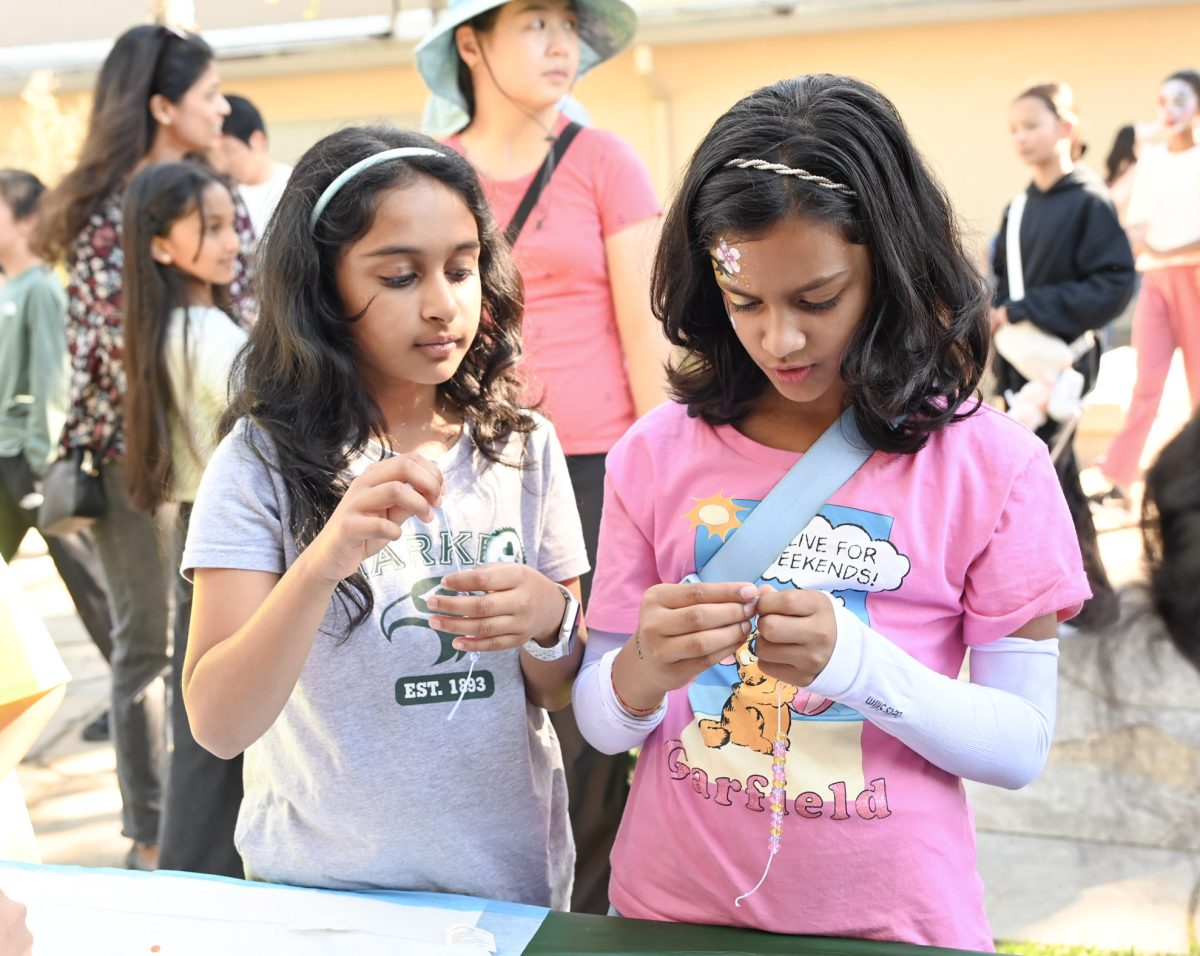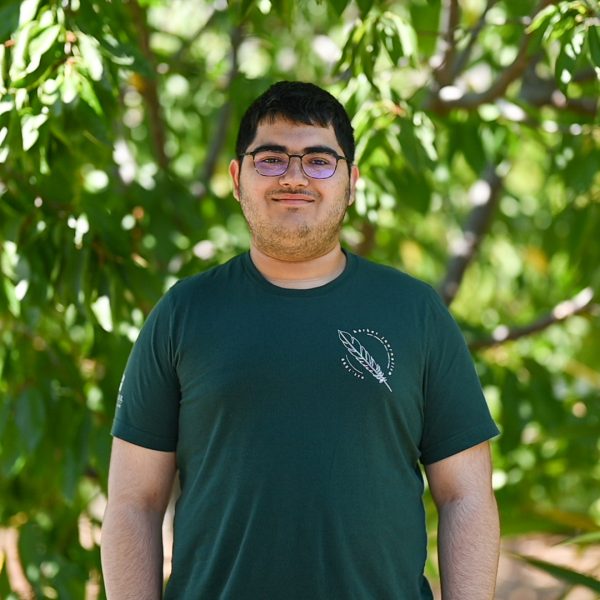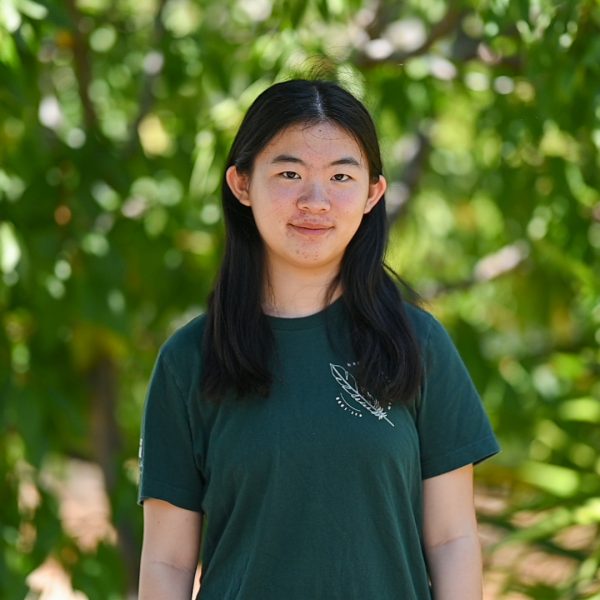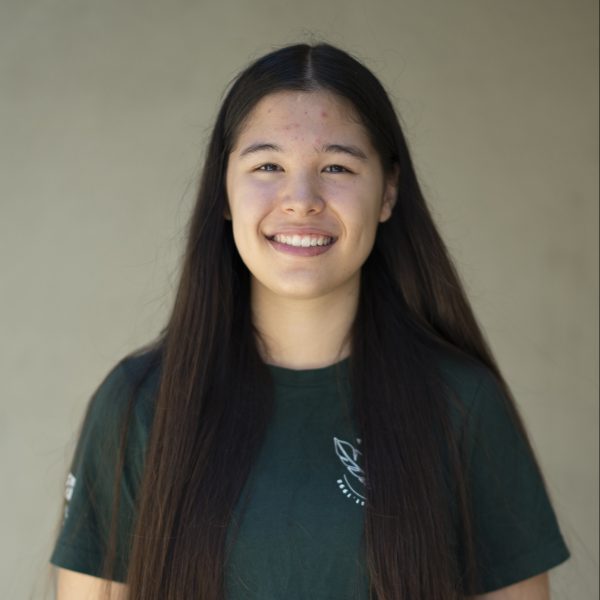Upper school students attended various grade level Living with Intent, Focus and Enthusiasm (LIFE) events across the month of February, while some also attended Eagle Buddy events.
Assistant upper school division head Kelly Horan introduced the underclassmen audience to speaker Shafia Zaloom, who serves as an educator at the Urban School in San Francisco and also teaches at the Harvard Graduate School of Education. Zaloom emphasized the importance of consent and delineated the meaning of a consensual relationship through various real-life examples.
Zaloom also explained the meaning of a healthy relationship and emphasized the importance of not being pressured into making decisions. She noted that all people in a relationship need to be on the same page before making any decisions. Zaloom asked multiple questions to students about their standards for relations with other people.
“What do you value in a relationship?” Zaloom said. “Do you care about being treated with dignity? Do you want to be treated with kindness and respect?”
Attendee Stanley Chen (10) noted that one of the main messages he thought Zaloom emphasized consisted of the importance of consent.
“The main takeaway I had was the importance of consent and the effect it plays on both sexual and romantic relationships,” Stanley said. “I can’t say I learned anything new, but it did emphasize concepts for me.”
In her presentation, Zaloom referred to a study stating that adolescents encounter around 14,000 references to sexuality a year on television. She also stated that misinformation exists on the internet and in the media about sexuality, and that some students do not have access to trustworthy sources and knowledge.
In an interview with Harker Aquila, Zaloom noted that she enjoyed the liveliness and energy of the audience.
“I’m hoping that they took away some questions to reflect upon and ask themselves because that will lead to them knowing themselves better, recognizing that we all deserve dignity and thinking about how we can be more caretaking of one another and how we treat each other because it really matters,” Zaloom said.
While frosh, juniors and seniors attended a variety of LIFE assemblies, on Feb. 6, sophomores traveled to the Bucknall campus on Feb. 6 for Eagle Buddies. Juniors focused on the topic of life following high school and had the opportunity to hear from a panel of teachers about their experiences in college and beyond. Speakers included upper school English teachers Christopher Hurshman and Lizzy Schimenti and upper school biology teacher Michael Pistacchi. They also touched upon topics such as how to be a valuable member of the community, even after college.
Jeremy Peng (11) reflected on the experience, noting that he enjoyed the diversity of the teacher’s subjects and that one of his key takeaways was that college life does not necessarily direct your life after college.
“I liked that the teachers didn’t make it very deliberately focused on college,” Jeremy said. And instead, they really just talked about being adults and being members of society. I think shifting the focus away from college was actually quite helpful.”
Upper school economics teacher Samuel Lepler and upper school history teacher Mark Janda spoke to seniors about financial responsibility and civic engagement, respectively. Lepler walked students through the steps of starting a credit card once they turn 18, and Janda answered common questions about voting like the differences between primaries and caucuses and how to obtain a provisional ballot.
“I am here to impart some wisdom on credit score,” Lepler said. “Some of you guys who have had me in class have already seen a lot of this. But for the rest of you, and even for those who haven’t heard it, it is incredibly useful. The reason I’m really glad to be here to be able to talk to you guys about this as an entire class is because nobody taught this to me.”
Frosh students heard about cyberbullying and anti-racism from lawyers Colleen Lee and Christina Lai. They covered topics like cyber security, doxxing, and online presence. The presentation also offered solutions to these situations and what students can do if they ever come across cyberbullying.
Samaara Patil (9) describes her thoughts about the presentation and comments on the importance of covering crucial topics that relate to younger students.
“Especially as the younger generation, the same scenarios don’t always feel applicable when it’s in person,” Samaara said. “The cyber aspect was a really good topic to cover because it covered everything from harassment to sex ed. It helps people understand what an uncomfortable or an alarming situation is and when you need to get help, and it helps people realize that they’re not alone.”
Additional reporting by Margaret Cartee.




![LALC Vice President of External Affairs Raeanne Li (11) explains the International Phonetic Alphabet to attendees. "We decided to have more fun topics this year instead of just talking about the same things every year so our older members can also [enjoy],” Raeanne said.](https://harkeraquila.com/wp-content/uploads/2025/10/DSC_4627-1200x795.jpg)


















![“[Building nerf blasters] became this outlet of creativity for me that hasn't been matched by anything else. The process [of] making a build complete to your desire is such a painstakingly difficult process, but I've had to learn from [the skills needed from] soldering to proper painting. There's so many different options for everything, if you think about it, it exists. The best part is [that] if it doesn't exist, you can build it yourself," Ishaan Parate said.](https://harkeraquila.com/wp-content/uploads/2022/08/DSC_8149-900x604.jpg)




![“When I came into high school, I was ready to be a follower. But DECA was a game changer for me. It helped me overcome my fear of public speaking, and it's played such a major role in who I've become today. To be able to successfully lead a chapter of 150 students, an officer team and be one of the upperclassmen I once really admired is something I'm [really] proud of,” Anvitha Tummala ('21) said.](https://harkeraquila.com/wp-content/uploads/2021/07/Screen-Shot-2021-07-25-at-9.50.05-AM-900x594.png)







![“I think getting up in the morning and having a sense of purpose [is exciting]. I think without a certain amount of drive, life is kind of obsolete and mundane, and I think having that every single day is what makes each day unique and kind of makes life exciting,” Neymika Jain (12) said.](https://harkeraquila.com/wp-content/uploads/2017/06/Screen-Shot-2017-06-03-at-4.54.16-PM.png)








![“My slogan is ‘slow feet, don’t eat, and I’m hungry.’ You need to run fast to get where you are–you aren't going to get those championships if you aren't fast,” Angel Cervantes (12) said. “I want to do well in school on my tests and in track and win championships for my team. I live by that, [and] I can do that anywhere: in the classroom or on the field.”](https://harkeraquila.com/wp-content/uploads/2018/06/DSC5146-900x601.jpg)
![“[Volleyball has] taught me how to fall correctly, and another thing it taught is that you don’t have to be the best at something to be good at it. If you just hit the ball in a smart way, then it still scores points and you’re good at it. You could be a background player and still make a much bigger impact on the team than you would think,” Anya Gert (’20) said.](https://harkeraquila.com/wp-content/uploads/2020/06/AnnaGert_JinTuan_HoHPhotoEdited-600x900.jpeg)

![“I'm not nearly there yet, but [my confidence has] definitely been getting better since I was pretty shy and timid coming into Harker my freshman year. I know that there's a lot of people that are really confident in what they do, and I really admire them. Everyone's so driven and that has really pushed me to kind of try to find my own place in high school and be more confident,” Alyssa Huang (’20) said.](https://harkeraquila.com/wp-content/uploads/2020/06/AlyssaHuang_EmilyChen_HoHPhoto-900x749.jpeg)



